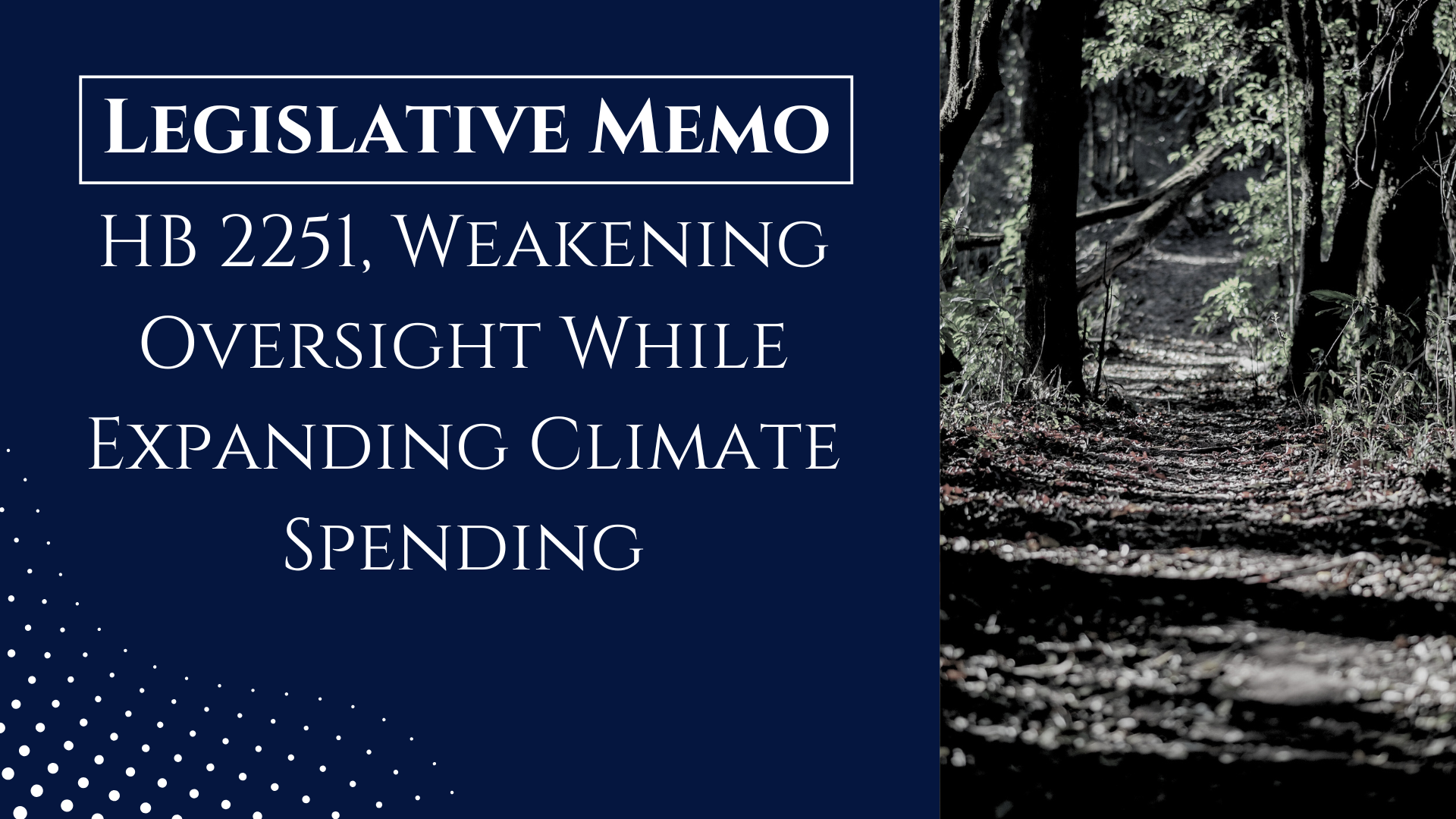Governor Inslee released his proposed biennial budget and when it comes to projects to treat stormwater and promote salmon recovery, his proposal is actually smaller than two years ago.
For example, the Stormwater Financial Assistance Program, which helps treat polluted stormwater, is the top priority of the Puget Sound Partnership funding. Governor Inslee’s budget, however, cuts his request from $74 million two years ago to just $50 million this biennium.
Funding for salmon recovery projects falls from $100 million to $80 million. The Floodplains by Design program, which provides grants to restore natural floodplains, is budgeted to receive $20.3 million compared to $25 million in the governor’s budget two years ago.
Funding for the Centennial Clean Water Program, which funds programs to treat sewage and eliminate failing septic tanks, did increase, going from $40 million two years ago to $50 million this year. So too did the Wildlife and Recreation Program, which went from $70 in the proposed 2015-17 budget up to $100 million in the next biennium.
There is also a small increase in proposed funding to remove fish barriers from rivers and streams. The total request goes from $111.8 million to $117.2 million. These are important projects, to be sure, but the Puget Sound Partnership ranks them far down the list of funding priorities.
Overall, the cuts exceed the increases. The Governor’s total request for Puget Sound cleanup is about $3 million lower than the last biennium, with the biggest cuts being made to priorities and increases for lower priority projects.
It is interesting that the areas receiving increases are not the top priorities. Reducing stormwater pollution is ranked at the top priority by the Puget Sound Partnership, yet it receives the largest funding cut. Funding for the salmon recovery projects are also high up the list and yet see a 20 percent proposed cut. Removing fish passage barriers, on the other hand, are well down the priority list.
Ultimately, the final budget will be smaller. For 2015-17, the final budget ended up about 28 percent lower than the original governor’s request.





